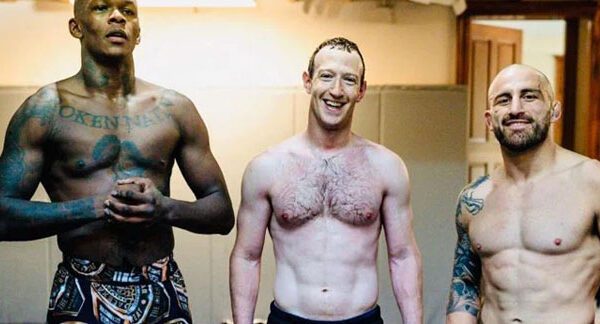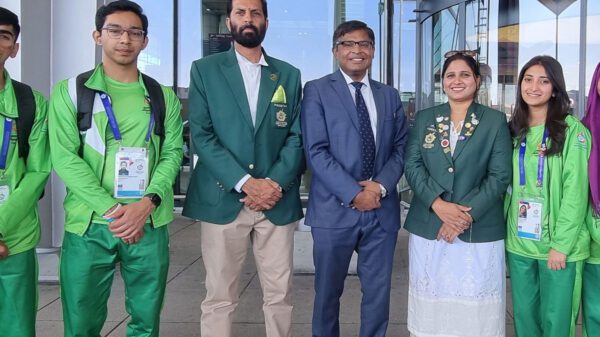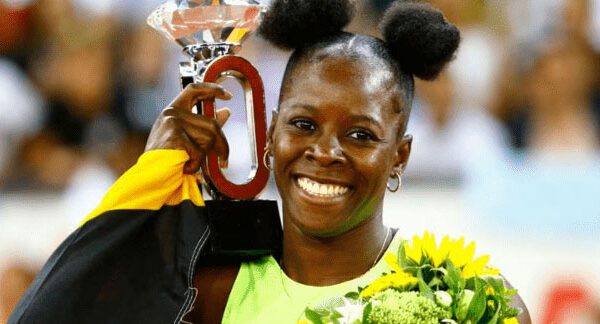Football, Literature, Philosophy of Goalkeeping and Camu’s Torn Shoes
Algeria’s performance as a team at the international level cannot be said to be remarkable in any way. From the first Football World Cup held in 1930 till today, she has been able to participate in it a total of four times – 1982, 1986, 2010 and 2014.
After being eliminated in the last World Cup, she missed out on qualifying this time too after losing to Cameroon. Despite this, he has some unique records to his name.
For example, it became the first African team to defeat any European team. In the 1982 World Cup, he had done this impossible thing by defeating Germany.
It is another matter that whenever Algerian football is mentioned, the name of one of the greatest literary figures of the twentieth century is definitely taken.
The name of this litterateur was Albair Camus, who received the prestigious Nobel Prize in Literature at the age of just forty-four.
He was the youngest writer after Rudyard Kipling to receive this honor. Critics called Kamu an existentialist, although he himself refused to believe so.
It is said that Albair Camus was among the 35,000 spectators present at the Parc des Princes stadium in Paris to watch a football match going on on the afternoon of 23 October 1957, who had been announced the Nobel for Literature just a week earlier.
A TV journalist reached the stadium itself to interview this writer. When a goal was scored during the match, the interviewer asked Camu, “The goalkeeper of the team is not looking in his full form?”
Kamu replies, “Don’t blame him. Standing between the pillars of the goalpost, you will realize how difficult all this is.”
The journalist was ready with the next question, “You were also a goalkeeper, weren’t you?”
Camu says, “Yes, I was a bullet of the Algerian University Racing Club. He and the Paris Racing Club jerseys are the same.”
After receiving the Nobel for the first time in the history of human civilization, an author was being interviewed in a football stadium. The journalist asks, what would have influenced the decision of the Nobel jury?
“I don’t know, I don’t know the secretary of the Swedish Academy. But I think there are two more writers each who should have been selected for this award before me.”
Some footage of this rare interview can be seen on YouTube.
Kamus is unquestionably one of the two or three writers who have made the greatest impact on the soul of twentieth century writing across the world.
Camus’s relationship with football was very fascinating. There are a large number of writers who love sports but the way Camu made it a part of his philosophy of life is amazing. In remembering such writers, I remember Ernest Hemingway, C.L. R. It is natural to remember the names of James and Eduardo Galleano.
Kamu himself was a good football player. According to Camu, he learned life from two universities – first theater and second football.
Another statement of his is quoted in many places – “I am indebted to football for whatever I have certain knowledge of morality and duty.”
Camu played several matches as a goalkeeper for the University of Algeria in the 1930s. His team won the North African Cup and North African Champions Cup titles twice each.
At the age of seventeen, Kamu was diagnosed with TB, due to which he had to spend long intervals resting in bed. As a result, he lost his football. His dream of making a career as a player also ended with this.
Kamu believed that religion and politics make morality a very complex subject, so he had a very clean and simple philosophy about morality – he used to say that you should remain loyal to your friends. For this, courage and honesty are the two most important desired qualities. Just like you have to do in football.
Kamu used to play like a goalkeeper since childhood. There was a special reason behind this. Eduardo Galleano has written about this in his book ‘Soccer in Sun and Shadow’.
“Because your shoes don’t wear out as fast as you play in the goalkeeper’s position. Camu, from a very poor family, didn’t have the resources to afford running in the field. His grandmother would watch the soles of his shoes every evening after he returned. Kamu used to get smacked when he was worn out early.
Camu learned many things during football practice.
“I learned that when you expect the ball to come to you, it doesn’t come to you. This has been of great benefit to me in life, especially living in big cities, where people are not what they portray themselves to be.” Let’s try.”
Camu explains at one place, “I also learned from football that one can win without making myself feel like a god and lose without making myself feel like garbage. I found that skill of any kind came very easily. cannot be obtained.”
Think of becoming a goalkeeper sometime. If you see your team scoring goals, you do not contribute to it.
When your team scores a goal, it is always your fault.
For ninety minutes in this state of mind, you have to be alone inside the goalpost most of the time. Absolutely alone. If you think seriously, you will understand why most of the bullets in the world look like philosophers.
Through football, Kamu was actually descending into the underworld of the mysteries of the human soul.








